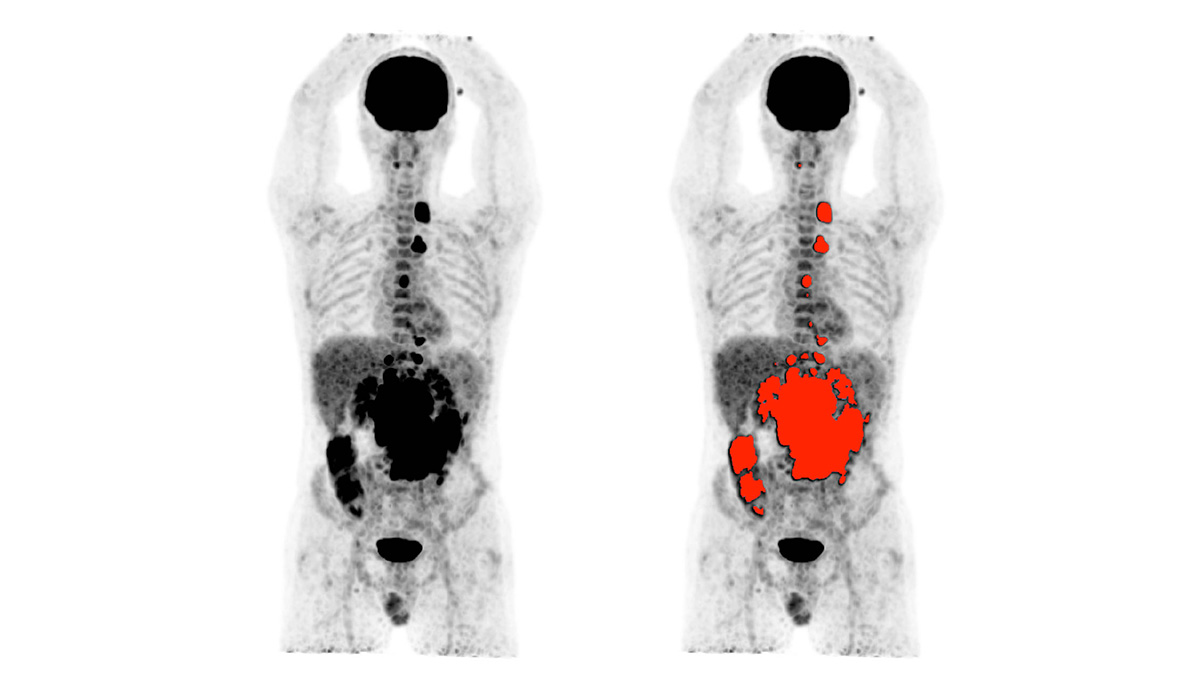Researchers from the Corpuscular Physics Institute (IFIC, UV-CSIC) will contribute to the development of a new positron emission tomography (PET) device, which will improve the performance of current equipment. The project is called IMAS (High Sensitivity Molecular Image) and is promoted by the Department of Universal Health and Public Health of the Valencian Government.
The IMAS project aims to make a qualitative leap in the sensitivity of PET scanners by significantly increasing their axial extension and covering the entire body of the patient. The equipment will improve spatial resolution, increase sensitivity and reduce the radiation dose to the patient during the diagnostic test, among other benefits.
IMAS plans to improve the detection of smaller lesions, reduce examination time, increase the number of patients examined per day, adapt the diagnosis to the pediatric patient and perform dynamic studies by simultaneously visualising physiological processes in distant regions of the body. In short, it will improve the quality of care with more precise and quantifiable diagnoses.
During the first phase of the project – until mid-2022 – different technologies will compete, one of which will be selected to build the full-body scanner. Phase 2, between mid-2022 and June 2023, will be dedicated to the construction of said scanner.
In parallel, progress will be made in the algorithms for image reconstruction, identification and development of the relevant biomarkers by the software development team. Finally, and once the final prototype is ready, the commercial validation process will begin.
IMAS has a total budget for actions to promote Innovative Public Procurement (CPI) of 7.5 million euros, 50% co-financed by the European Regional Development Fund (ERDF) through the Ministry of Science and Innovation. The project is being developed by the Unión Temporal de Empresas (UTE) PHOENIX, formed by the Full Body Insight (FBI) Valencian companies, dedicated to the exploitation of continuous scintillator technologies for the application of full-body PET equipment; Quibim, specialised in medical technology, artificial intelligence and medical image processing applied to the development of image biomarkers in radiology; and ONCOVISIÓN, specialised in molecular imaging equipment. Governance is managed by the Technical Office led by the Ayming consultancy, an entity specialising in strategy and innovation.
The UTE has the collaboration of several research centres, among which are the IFIC – mixed centre of the University of Valencia and the CSIC –, the Institute of Instrumentation for Molecular Imaging (i3M, CSIC-UPV), and Donostia International Physics Institute (DIPC). The project will have the collaboration of General Electric Healthcare.


